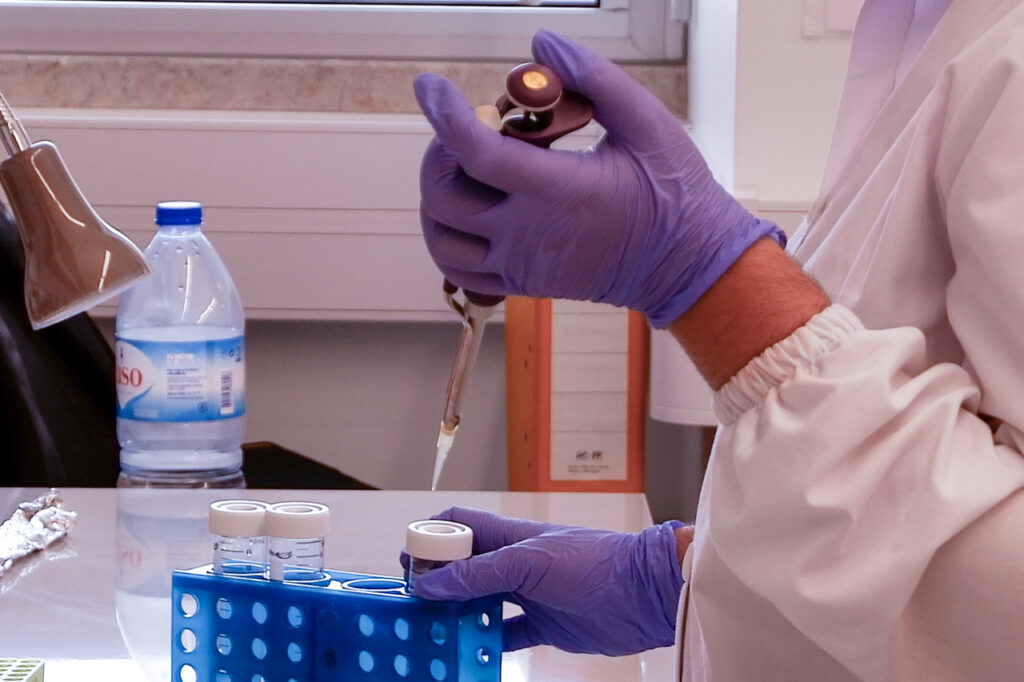Rapid tests can be 95% effective in screening Covid-19, but they have to be molecular and operated by specialized technicians, warned today the physician and professor of microbiology at the University of Lisbon (UL) Thomas Hanscheid.
“There are companies that have managed to miniaturize the molecular tests carried out in the laboratory, with the capacity to put them on the market, but quality tests are expensive and it is not just a matter of sending them to schools and homes. Not just anyone can do it, like a pregnancy test,” said the German-born specialist, professor at the UL Faculty of Medicine, in an interview with Lusa news agency.
"The new rapid molecular tests are going to cost a lot of money," he said.
Rapid tests for infectious diseases were developed in the 80s for malaria, with a format similar to a pregnancy test, but what is now required for Covid-19 is different, the professor warned.
"We must be careful to know what type of test it is", he defended when asked about the offer of these tests, adding that they are not all the same: "The molecular test will amplify the virus gene and of course it works much better".
As it is a quick test, it does not mean that anyone knows how to operate it, he said, expressing surprise at the amount of tests (500.000) that the Red Cross proposes to distribute.
In addition to the cost, you have to take into account who will operate the test. "I don't know if technicians will be sent by the General Directorate of Health, but specialized people are needed," he guaranteed.
For the doctor, the use of rapid tests is a trend and can be useful in several circumstances, but the way it is being used is not yet very clear.
"A 15-minute test can make a big difference in a decision," he acknowledged.
The quick test, for example, allows you to know at the airport, in 15 minutes, whether you can take a day trip, without having to wait for the result two or three days or be quarantined.
It can also help to maintain some normality in a school or a home, where it is always complex to close facilities, until all infected cases are cleared and people reinstated, in the case of the elderly.
"There is always the possibility of failing some, but that is always the case," he said, noting that quick tests, when properly applied, "can help a lot."
“It has to be a reliable (molecular) test. There are tests with 95% reliability, those that will not be detected, false negatives are few», he explained.
However, he confessed to being afraid that all rapid tests are thought to be good. Therefore, he advised caution in the choice and application of this type of screening.



















Comments